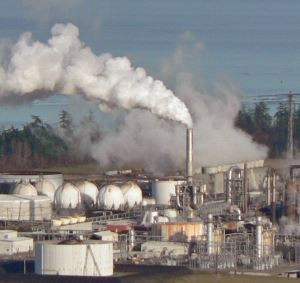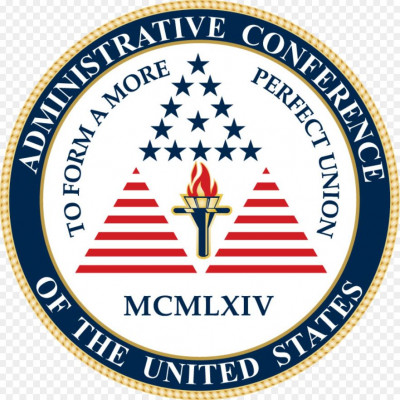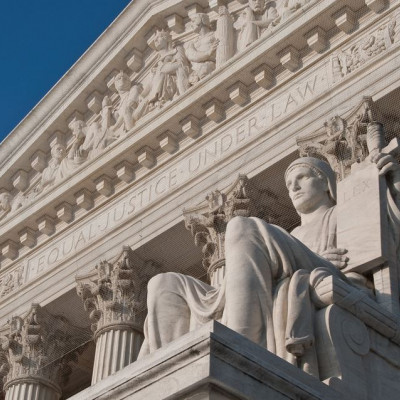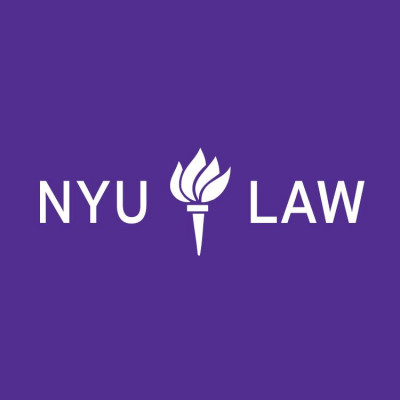January 5, 2015
December 2014 at Policy Integrity: Methane Policy Brief, Reforming the Petition Process, In the News: Correcting Obama’s Professor on the Clean Power Plan, On the Docket: Forum on the Supreme Court and Federal Regulation, Spotlight: Fielding Huseth
-

New Policy Brief on Methane Regulation
Methane, the primary component of natural gas, is a potent climate pollutant up to 86 times more powerful than carbon dioxide on a 20-year timeframe. Currently the United States loses at least 1 to 3 percent of its total natural gas production each year when methane is leaked or vented to the atmosphere. Federal regulations could reduce methane emissions by up to 50 percent at little net cost, using available technologies. Any costs to companies would be outweighed by the social benefits of emission reductions. Our new policy brief by Jayni Hein provides an overview of what successful methane regulation would look like. Hein also discussed this topic in a recent piece for The Hill.
-

Policy Integrity Helps Reform Federal Rulemaking Petition Process
Individuals can petition federal agencies to issue, amend, or repeal regulations, but agencies lack a uniform process for handling these petitions. Policy Integrity recently worked with the Administrative Conference of the United States (ACUS), a federal agency dedicated to improving the administrative process, to create new guidelines for the petition process. In early December, ACUS adopted new recommendations for federal agencies, based on Policy Integrity’s research and suggestions. This effort, led by legal director Jason Schwartz, began in early 2014 when Policy Integrity proposed that ACUS update its investigation of petitions for rulemaking.
-

In the News: Correcting Obama’s Professor on the Clean Power Plan
Laurence Tribe—President Obama’s constitutional law professor at Harvard Law School, Al Gore’s Supreme Court lawyer in Bush v. Gore, and a leading constitutional law scholar—has called the EPA’s Clean Power Plan unconstitutional in public comments jointly filed with Peabody Energy. In a recent piece for The Hill, Richard Revesz explains why Tribe is wrong on both the facts and the law. “It is unusual that a liberal icon and the biggest player in the most environmentally destructive industry would turn out to have such perfectly aligned views on such a broad range of important issues,” Revesz writes, before explaining the flaws with each of Tribe’s historical and legal arguments.
-

On the Docket: Forum on the Supreme Court and Federal Regulatory Reach
On January 28th at NYU Law School, Policy Integrity will host a forum titled, “High Stakes in the High Court: The Battle Over Federal Regulatory Reach.” A panel of experienced litigators who have argued major Supreme Court regulatory cases will discuss their past experiences and speculate about the Court’s future direction on critical issues such as climate change. The event runs from 12:30 to 1:50pm. Email [email protected] if you are interested in attending.
-

Alumni Spotlight: Fielding Huseth
As a law student at NYU, Fielding Huseth took part in Policy Integrity’s Regulatory Policy Clinic. After graduating in May of 2014, Huseth began a two-year fellowship with the New York State Department of Financial Services—the recently created agency charged with regulating banks and other financial institutions, with an eye toward protecting consumers. The position blends Huseth’s legal education and his earlier career as a consumer advocate. Of the Institute for Policy Integrity, Huseth said, “From day one in state government, I have been incorporating many of Policy Integrity’s key principles and core values.”
